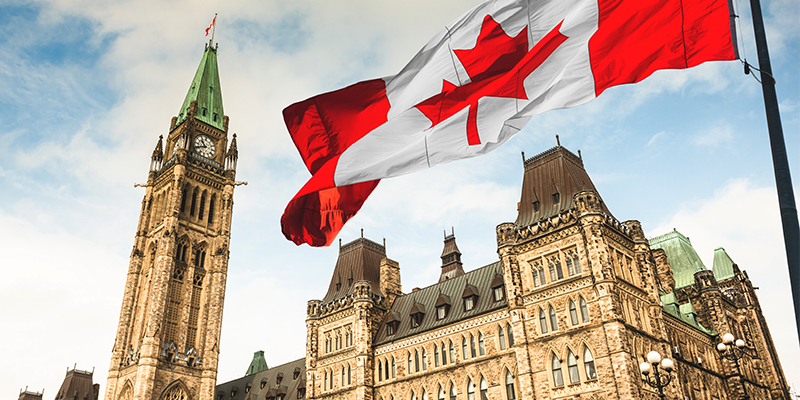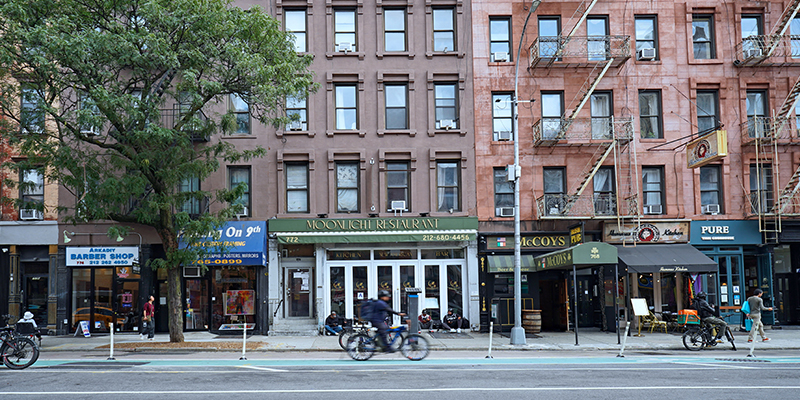The Canadian government tabled its 2024 federal budget on April 16. The federal budget outlines a broad list of spending and tax measures to be implemented in the coming year. But unlike in the United States, Canada has a parliamentary system where the government in power has an effective majority in the House of Commons. So, what the government proposes is usually passed by Parliament within months of the budget being presented to Parliament. There are no negotiations with an independent Senate or House of Representatives to worry about; for the current Canadian government, the only worry is corralling parliamentary support from a small political party that lies to the political left of the governing Liberals.
The 2024 Canadian budget is very much an election budget in advance of an election some time in later 2025. The governing Liberal Party under Prime Minister Justin Trudeau has been in office since 2015 and is beginning to show signs of a government in decline.
Generally, after eight years Canadians tire of whomever is in power. And current polling reflects that, placing the Trudeau-led Liberals 12 points behind the Conservative Party under leader Pierre Poilievre. In Canadian terms that’s a big difference, although an improvement over the 20-point difference a few months back. Still, most pundits are expecting a Conservative victory in 2025.
In broad macroeconomic terms, this budget lays out a path of significant spending increases, deficit projections well into the future, and tax increases to offset some of the spending. The focus of much of the spending was on housing initiatives meant to address a serious housing shortage and spiraling house prices, while the tax increases were primarily related to a capital gains tax increase. Beyond the budget, the government is trying respond to widespread push-back from provincial governments to a carbon tax increase, and an immigration system that has gone from the envy of the world to one characterized by abuse (particularly with respect to temporary student and work visas).
Initiatives in the 2024 budget that would be of interest to NAIOP members include:
- A proposed increase to the capital gains inclusion rate from one-half to two-thirds on all capital gains earned by corporations and trusts and gains above $250,000 for individuals, to take effect on June 25, 2024. The proposed increase is drawing criticism that it will discourage investment, drive entrepreneurs out of the country and hurt firms’ ability to recruit workers.
- Canada Housing Infrastructure Fund: $6 billion for the construction and upgrade of water, wastewater, stormwater and solid waste infrastructure to support additional housing.
- Building Homes on Public Lands: The government will partner with the housing sector to build homes on federally owned lands (primarily through leasing) and will sell 50% of its office space over the next 10 years to be converted to residential.
- Tax measures to incentivize the production of long-term rental housing, including allowing accelerated tax depreciation for new eligible purpose-built rental projects.
- Mortgage-related incentives, including support for 30-year mortgage amortizations for insured first-time home buyers of newly built homes.
- Support for skilled trades, including streamlining foreign credential recognition in the construction sector.
- Canada Green Buildings Strategy, to renew and modernize existing energy efficiency programs for building owners.
To learn more, click here for two unique perspectives on the 2024 budget and for a link to the full budget document.








